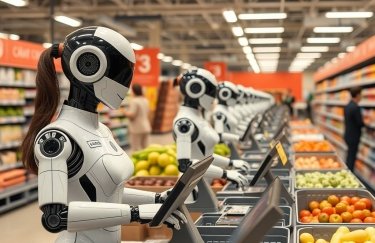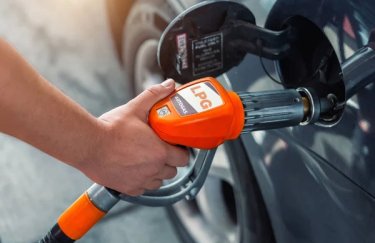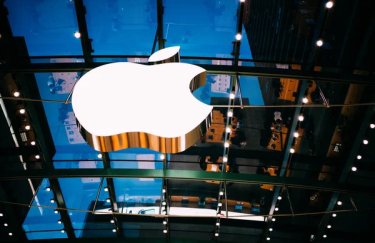Autonomous vehicle technology is developing at a breakneck pace. While robot taxis promise convenience and safety, their implementation is associated with numerous challenges, both technological and social. As more companies test their solutions on city streets, the inevitable incidents become a major test for the entire industry.
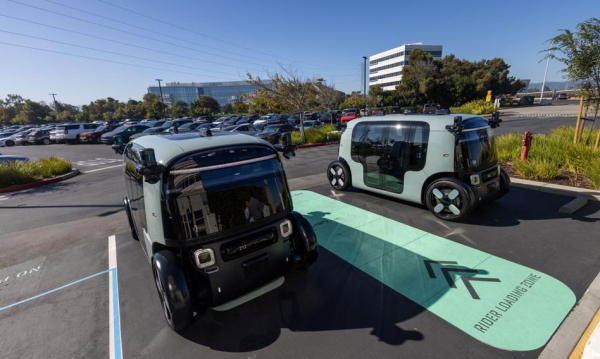
Zoox said its Zoox-branded driverless robotaxi was making a low-speed turn on May 8 when it was struck by an electric scooter rider who was stopping to yield at an intersection. The scooter rider suffered minor injuries but declined medical attention.
The company wrote: “The Zoox vehicle was stopped at the time of contact. The scooter user fell to the ground next to the vehicle. The Robotaxi then moved off and stopped after completing the turn, but there was no further contact with the scooter user.”
See alsoHow artificial intelligence will affect the work of accountants
On May 22, Zoox said it had filed a voluntary recall with the National Highway Traffic Safety Administration (NHTSA).
A company spokesman said the notice should be posted on the NHTSA website early this week. The recall covers 270 vehicles.
NHTSA said in a statement that it had received the recall and advised all road users to exercise caution around autonomous vehicles because robot taxis may mispredict the path of a cyclist or scooter user or stop unexpectedly.
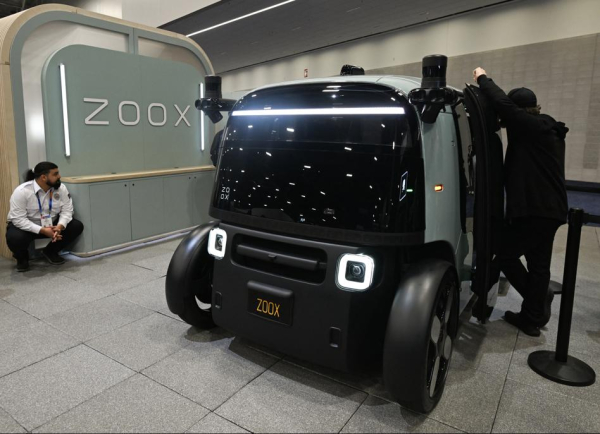
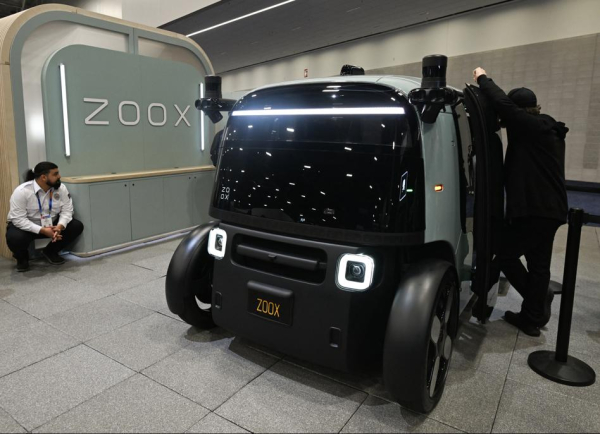
Amazon's Zoox robot taxi is shown at the Consumer Electronics Show (CES). Las Vegas, Nevada, January 9, 2025. (Photo: AA/ABACA / FORUM)
Are autonomous taxis safe?
If an autonomous vehicle continues moving after contact with a pedestrian or other vulnerable road user, there is a risk of causing an accident. In the AV (autonomous vehicle) industry, General Motors-backed Cruise withdrew from the robotaxi business after one of its vehicles ran over a pedestrian who had been hit by a human-driven car.
The May incident is the second such incident in a short period of time: A little over two weeks earlier, Zoox had announced a separate voluntary software recall following a collision in Las Vegas in which a non-driver Zoox vehicle collided with a passenger car, causing minor damage to both vehicles.
The company then recalled software in 270 robotaxis vehicles to fix a flaw in the autonomous driving system that could lead to mispredicting the movement of another vehicle, increasing the risk of collisions.
Race of the Giants: Amazon, Alphabet, and Tesla Battle for the Future of Robot Taxis
Amazon acquired Zoox in 2020 for more than $1 billion, announcing at the time that the acquisition would help realize its vision of introducing autonomous shipping services.
While Zoox continues to test its autonomous vehicles on public roads in the U.S., Alphabet’s Waymo already offers commercial, driverless rides in Phoenix, San Francisco, Los Angeles, and Austin, Texas, and will soon launch in Atlanta.
Tesla said it will launch its long-awaited robotaxi in Austin next month and, if all goes according to plan, expand operations to San Francisco, Los Angeles and San Antonio, Texas.
JS
